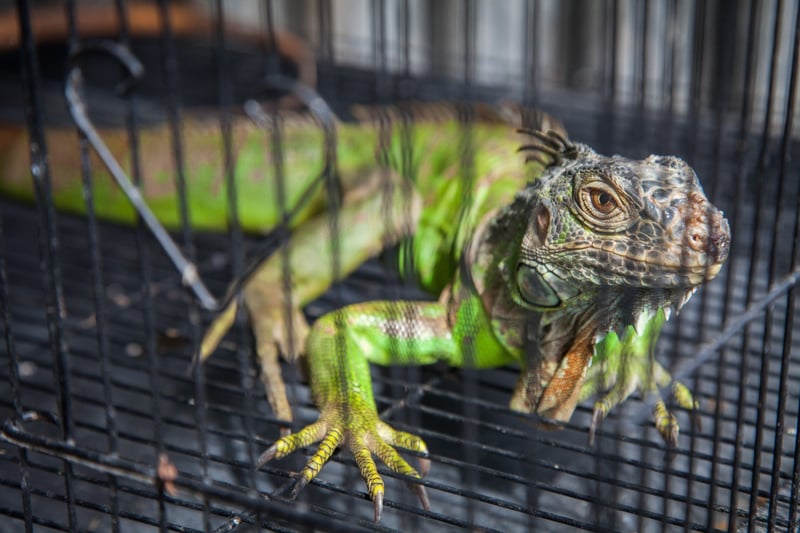
World Animal Protection supports U.S. strategy for combating wildlife trafficking
News
We welcome the Implementation Plan released by the Obama administration this week for the U.S. National Strategy for Combating Wildlife Trafficking.
We particularly commend the news that the administration will use existing and future free trade agreements, including the Trans-Pacific Partnership (TPP) with Asia Pacific countries and the Transatlantic Trade and Investment (T-TIP) with the European Union, to combat wildlife trafficking and to enforce laws dealing with wildlife trade and conservation.
These trading partners represent major consuming, transit, and exporting countries, thus presenting an historic opportunity to address today’s growing animal welfare and conservation challenges.
The world’s wildlife are in crisis, with the trade of live wild animals causing some of the worst suffering imaginable. Animals captured for trafficking regularly experience extreme physical injury, pain, distress, and fear. As many as four out of five of these animals will die in transit, or within a year.
But the Presidential Task Force’s plan has the potential to make a significant difference. Not only will TPP and T-TIP provide a platform for joint enforcement efforts and other activities to combat wildlife trafficking, but these agreements will also hold countries accountable for implementing their environmental and conservation commitments.
Free trade agreements (FTAs) are a uniquely powerful tool that the United States can use to leverage international commitments to protect the world’s wildlife, and only with concerted global efforts of this magnitude can we truly begin to lessen the severe impacts of wildlife trafficking.
World Animal Protection is a Member of the Trade and Environment Policy Advisory Committee (TEPAC), which advises the United States Trade Representative on issues involving international trade and the environment.
The illegal wildlife trade is now the fourth most lucrative transnational crime after drugs, arms and human trafficking. It is estimated to be worth between $10-20 billion dollars each year. The United States has grown into the second-largest market for illegal wildlife products.
Learn about our work to protect animals in the wild.
Have your say
Using the hashtags #TTIP, #TPP and #Wildlife, join us on Twitter to share your thoughts on combating wildlife trafficking.
As many as four out of five of animals captured for trafficking will die in transit, or within a year.